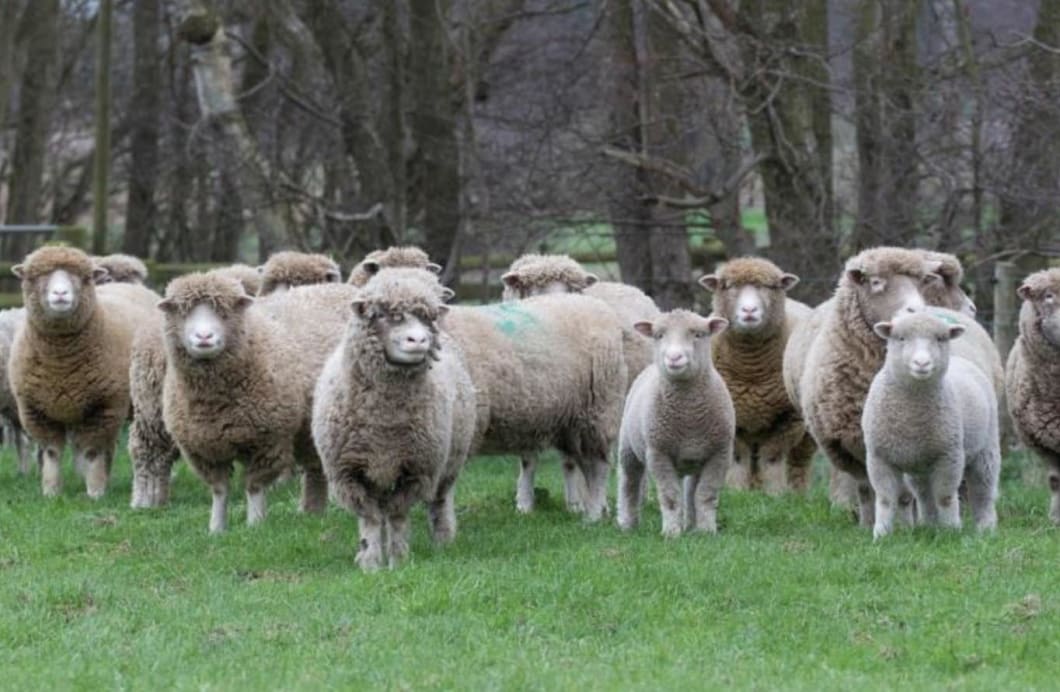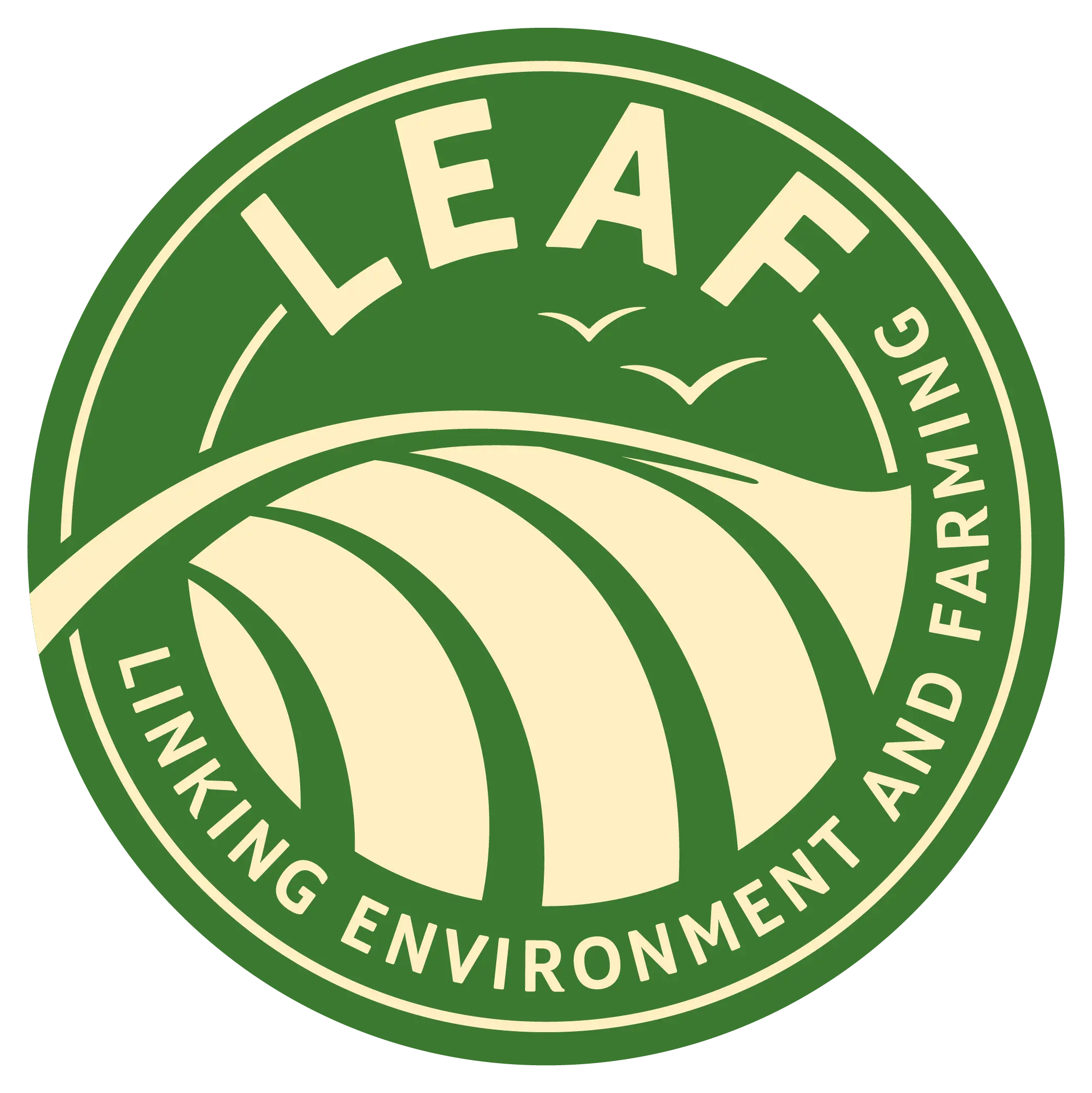- About Integrated Farm Management
- LEAF Network
- Resources
- LEAF Speak Out Toolkit
- LEAF Sustainable Farming Review
- Training
- LEAF Endorsed Advisors & Consultants
- Our Projects & Partnerships
- Nature Based Solutions to Climate Change
- Beacons of Excellence
- Resilient & Ready
- Accelerating & Demonstrating the Journey to Net-Zero
- About LEAF Marque
- The LEAF Marque Standard
- Setting the Standard
- Our impact
- Your Feedback
- Working with Certification Bodies
- LEAF Marque Champions
- Benchmarking & Equivalence
- For Farmers & Growers
- Public Consultation
- Farmer & Grower Help Centre
- Claims & Labelling
- Documents & Downloads
- News & Notices
- Training
- For Teachers & Educators
- What we offer
- Our Competitions
- Classroom activities and resources
- Case Studies
- For Farmers & Businesses
- How to get involved
- Hosting farm visits
- Accredited training
- Activity and Networking Days
- Seminars & Workshops
- About Us
- Membership
- Our Impact
- LEAF Education Specialists
- Contact Us
- Our Research
Wantisden Hall Farms
Wantisden Hall Farms is currently in both Entry Level and Higher Level Stewardship agreements including one of the largest areas of medieval pollarded oak woodlands in Europe. As well as the Home Farm, Wantisden also contract farms another 2,800 acres in the surrounding area.
Farmer: Tim Pratt
Address: Wantisden, Woodbridge, Suffolk, IP12 3PQ
Member since 1997 and LEAF Demonstration Farm since 1999
The Farm
This 1,549 acre farm has been in the Kemball family since 1946. It specialises in the production of field vegetables, grown on contract for a range of packing and processing companies who supply the major supermarkets. As well as the Home Farm, Wantisden also contract farms another 2,800 acres in the surrounding area.
Crops include potatoes, onions, carrots, cabbages, swedes, barley, maize, wheat, triticale and sugar beet. The most important crop is potatoes, which go directly to a marketing company for packing and selling to the major retailers.
Pigs have also been introduced to the rotation on lighter land, which has helped create a great deal of muck and also reduce volunteer issues. Wantisden currently have 200 Dorset Horn and Poll Dorset ewes which are used for the grazing and utilisation of crop residues and grassland, introduced within the HLS agreement. These will gradually be built up over the next few years, with the out of season lambs, supplying local farm shops.

Activities
Wantisden Hall Farms is currently in both Entry Level and Higher Level Stewardship agreements including one of the largest areas of medieval pollarded oak woodlands in Europe. The farms work closely with English Nature to help protect this unique Site of Special Scientific Interest. Irrigation is essential at Wantisden Hall Farm, due to the character of the soil and the farms’ location. There is an extensive network of underground mains and pumping stations extracting water from the 50 acres of lakes on the farm. These reservoirs have been extracted over 25 years and are now managed to provide excellent wildlife habitats.
To help protect the soil from wind erosion, belts of pine trees across the farm have been established and an extensive programme of planting more indigenous species is being followed as part of the farm's Biodiversity Action Plan.
Visit this farm
Click here to arrange a visit to this LEAF Demonstration Farm.
